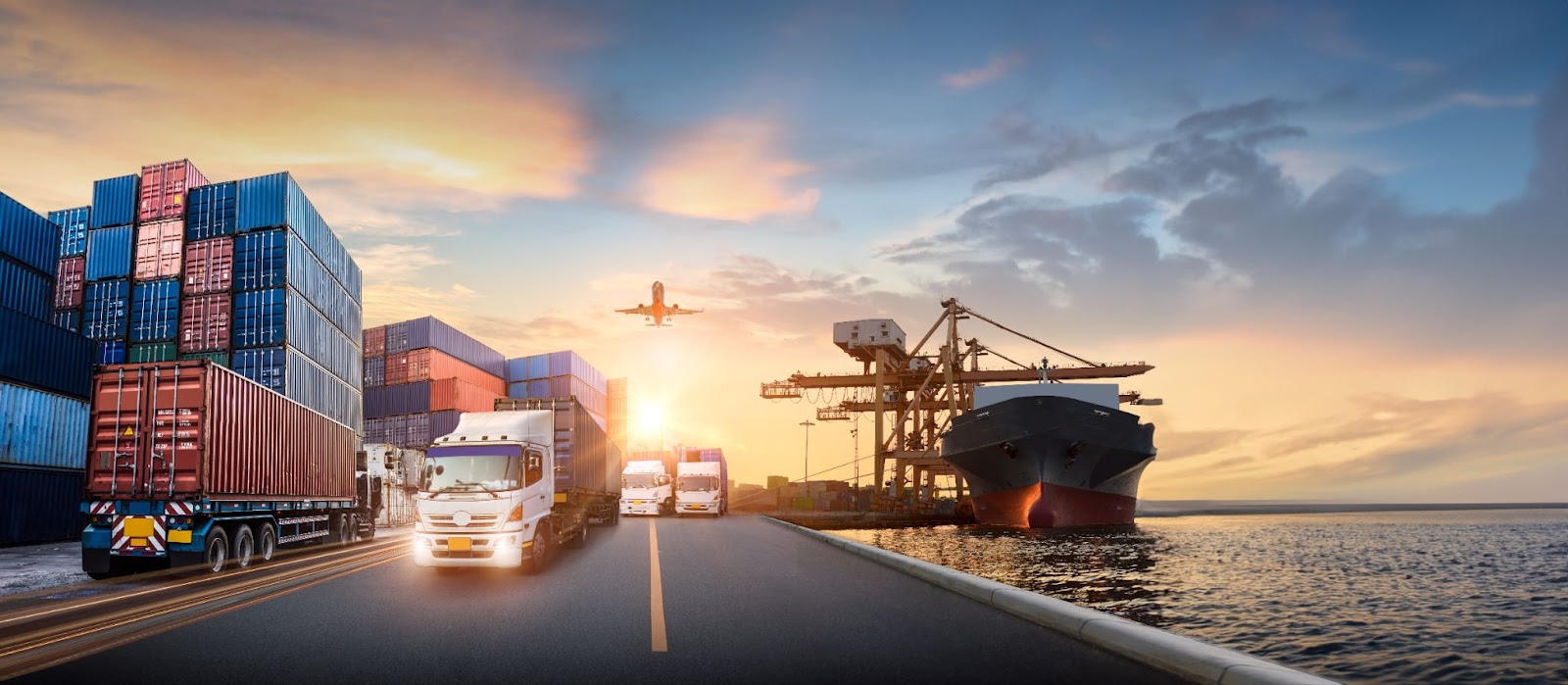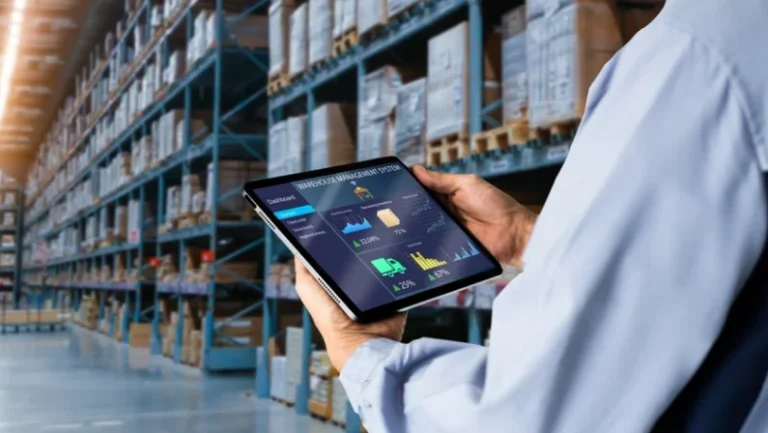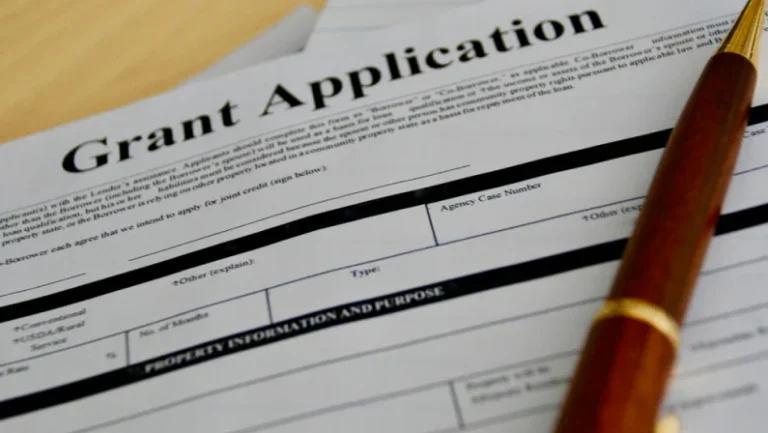Taking your business international can open the door to new markets, larger customer bases, and long-term growth opportunities. But alongside this potential comes the complex reality of global logistics. Coordinating supply chains across countries means more than shipping products from one port to another. It involves managing customs, understanding local markets, choosing the right partners, and staying ready for the unexpected.
To succeed at scale, companies need strong strategies that prioritize visibility, flexibility, and resilience. Let’s break down the foundations of global logistics and explore the best practices that can help you as you scale your business.
What Is Global Logistics?
Global logistics refers to the coordination and movement of goods, services, and information across international borders. It includes everything from warehousing and customs clearance to global transport and logistics planning. This process is essential for businesses that rely on importing materials or exporting finished goods to reach international markets.
Managing global logistics and distribution isn’t just about shipping products from point A to point B. It’s about creating a well-orchestrated system that supports efficiency, flexibility, and visibility across the entire supply chain.
What Kinds of Companies Operate in the Global Logistics Industry?
The global logistics landscape is made up of a wide range of players. These include freight forwarders, shipping lines, air cargo providers, customs brokers, third-party logistics (3PL) companies, and specialized providers offering global logistics services.
You’ll also find companies offering end-to-end solutions, integrating warehousing, inventory control, packaging, and transportation under one umbrella. These firms help businesses navigate the complexities of international shipping and manage worldwide logistics group distribution efficiently.
What Drives Demand for the Global Logistics Industry?
Global logistics has now become a core part of business growth strategy. The rising demand for seamless international operations is being driven by several key trends reshaping how companies move goods across borders.
The Growth of E-Commerce and Cross-Border Shopping
Online shopping has exploded in recent years, and today’s consumers don’t hesitate to order products from halfway around the world. Whether it’s clothing, electronics, or specialty items, the ability to buy from international retailers is now expected. This shift places more pressure on logistics providers to deliver fast, accurate, and cost-effective global fulfillment.
Global Sourcing and Manufacturing Strategies
Many businesses rely on sourcing materials or products from different countries to stay competitive. This might involve raw materials from one region, assembly in another, and distribution elsewhere. Managing this kind of supply chain demands a strong global logistics infrastructure that can handle complex routing, lead times, and compliance across multiple jurisdictions.
Rising Customer Expectations Around Delivery
Consumers want to receive their products quickly and reliably. Two-day or even same-day delivery options have raised the bar across industries. Businesses now need global logistics and supply chain management systems that are flexible, transparent, and able to meet tight delivery windows in different markets.
Expansion of Emerging Markets
Emerging economies in regions like Southeast Asia, Africa, and South America are becoming new hotspots for growth. As demand rises in these areas, companies need logistics solutions that can reach less-developed infrastructure while still maintaining service quality and cost control.
Complex Regulatory and Trade Environments
Every country has its own rules when it comes to imports, exports, tariffs, and compliance. Managing international shipments often requires navigating this patchwork of regulations. Companies are turning to experienced global logistics services to help them reduce delays, avoid penalties, and stay compliant in every region they operate.
These drivers all point to one conclusion: as businesses expand and supply chains become more global, the need for efficient, responsive, and tech-enabled global logistics systems becomes critical.
What Are the Core Challenges of Managing Logistics Across Borders?
Operating globally introduces a new layer of risk and complexity.
Some of the most common challenges include:
- Customs clearance delays and changing import/export regulations
- Language and cultural barriers
- Currency fluctuations and duties
- Transportation bottlenecks or infrastructure issues
- Supply chain disruptions from geopolitical events or natural disasters
Without a solid strategy, these issues can lead to delays, added costs, and customer dissatisfaction.

How Do You Choose the Right Global Logistics Partners?
A strong logistics partner can be the difference between smooth international growth and costly delays.
Here’s what to look for when choosing the best global logistics partner for your business:
Look for Proven Global Experience
Start by evaluating a provider’s track record in the regions you plan to serve. Do they have established networks in those areas? Have they handled similar products or industries before? Partners with experience in your target markets are more likely to anticipate local challenges, manage transportation effectively, and offer region-specific insights.
Prioritize Regulatory and Customs Knowledge
Global logistics requires a deep understanding of international trade laws, customs procedures, and import/export regulations. A good partner will not only comply with these requirements but also help you avoid fines, delays, or compliance issues. They should have processes in place for proper documentation, product classification, and tariff navigation.
Check Their Track Record on Delivery and Problem-Solving
Timely delivery and issue resolution are non-negotiable in global logistics. Look into their performance history: How often are shipments late? How do they handle disruptions such as port congestion, customs delays, or carrier issues? A partner with a strong reputation for responsiveness and contingency planning can help you avoid lost time and revenue.
Assess Scalability and Flexibility
As your business grows, your logistics needs will evolve. Choose a partner that can scale with you and adapt to changes in demand, product lines, or new markets. They should be able to offer customized solutions based on your unique shipping volume, product type, and delivery requirements, without locking you into rigid processes.
Ask About Technology and Real-Time Visibility
Modern logistics operations require more than manual tracking. Your partner should offer tech-enabled solutions that provide real-time updates on shipment status, inventory movement, and delivery performance. Dashboards, automated alerts, and digital documentation help you stay informed and make quicker decisions.
Value Transparent Communication and Local Support
Even with great tech and global coverage, human connection still matters. Look for partners who communicate clearly, provide dedicated account support, and offer local presence in key regions. Having someone on the ground (or someone who understands local logistics and can solve problems in real time) adds another layer of reliability to your supply chain.
Build for Long-Term Partnership
Finally, think beyond short-term needs. The best logistics partners act as an extension of your business, working with you to refine processes, reduce costs, and explore new markets. A strong working relationship built on trust, reliability, and shared goals can support your international growth for years to come.
What Are the Best Practices for Managing Global Logistics Operations Across Multiple Regions?
Consistency and adaptability are important when you want to scale your business. Start by standardizing core processes, like documentation, tracking, and communication, across all regions. Then, adjust based on local requirements.
Invest in technology that helps you monitor shipments, inventory levels, and order fulfillment in real time. Build strong local partnerships for warehousing, customs support, and last-mile delivery. And make sure your internal team is aligned and trained on global logistics and distribution procedures.
What Are the Most Efficient Shipping and Distribution Strategies for Global Reach?
Global logistics is complex, but with the right combination of tools and planning, you can build a distribution network that meets your customers’ expectations and scales with your growth. Here are some of the most effective strategies businesses use to support international reach and streamline global logistics:
Multi-Modal Transport
Combining ocean, air, and ground transport can balance cost and speed, depending on the product and delivery urgency.
Regional Distribution Hubs
Setting up warehouses in strategic locations reduces lead times and shipping costs for key markets.
Demand Forecasting and Inventory Planning
Using advanced analytics helps you stock the right products in the right regions at the right time, preventing shortages and overstock.
These strategies improve your ability to fulfill international orders efficiently and cost-effectively.
How Can You Minimize Risk and Disruption in Global Supply Chains?
The best approach to risk is preparation. Build resilience by diversifying your suppliers and transport routes. Don’t rely on a single vendor, region, or port.
Use data to monitor delays, predict demand shifts, and adjust inventory. Create contingency plans and maintain buffer stock for high-priority items. Regularly revisit your risk mitigation strategy and refine it as your business expands.
For more on this, check out LSI’s guide on building a resilient logistics strategy.
What Are the Cost Considerations in Global Logistics Planning?
Global logistics involves many moving parts, and each step in the supply chain comes with its own set of expenses that can add up quickly if not tracked carefully. Understanding these cost factors early helps avoid surprises and supports smarter budgeting. So it’s important to factor in:
- Transportation and fuel charges
- Customs duties and tariffs
- Warehousing and storage fees
- Packaging and handling costs
- Insurance and compliance costs
Working with experienced partners can help you uncover hidden fees and optimize cost-efficiency across your global logistics system.

How Does Local Market Knowledge Influence Logistics Success?
Understanding local customs, business practices, and consumer expectations helps you avoid missteps and deliver a better experience.
This can affect everything from delivery timeframes and packaging styles to payment preferences. A provider with strong local insight can help you adapt faster and stay compliant with regulations in each region.
What Metrics Should You Track to Optimize Global Logistics Performance?
Performance data is essential for making smart decisions.
Key metrics to monitor include:
On-Time Delivery Rate
Shows how reliable your fulfillment process is across regions.
Order Accuracy
Measures how often products are delivered without errors or returns.
Transit Time
Tracks how long it takes for goods to reach their destination.
Cost Per Shipment
Helps identify areas where you can save on transport or handling.
Inventory Turnover
Indicates how well your stock is managed in each region.
Tracking these numbers regularly helps you pinpoint inefficiencies and improve your global logistics and transport logistics strategy.
Expand Confidently with the Right Global Logistics Strategy
International growth doesn’t happen by accident. It takes structure, foresight, and the right logistics framework to support your ambitions.
As a leading supply chain and logistics solution company, LSI helps businesses navigate the complexities of global logistics and distribution with clarity and control. From real-time global logistics visibility to customized solutions for cross-border shipping, LSI supports your operations every step of the way.
Based in the U.S. and serving clients around the world, LSI delivers the insight and experience you need to scale successfully. Visit LSI to learn more about our global logistics services and how we can support your long-term strategy.





